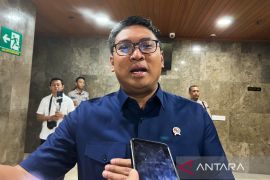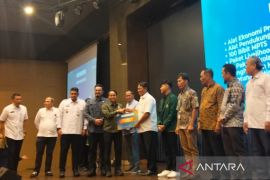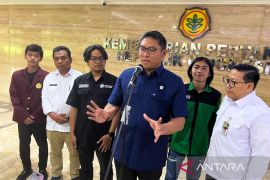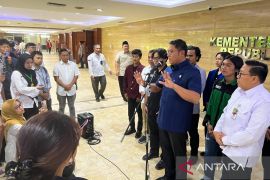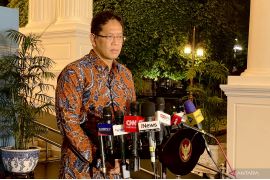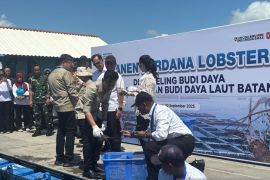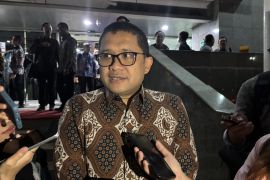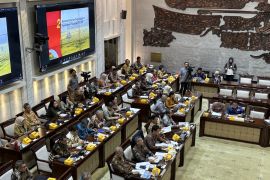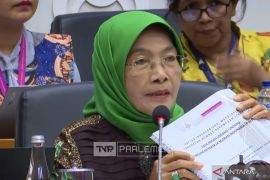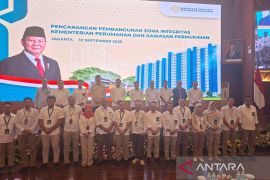Saut explained that the grant program of the Government of Switzerland will technically be conducted by National Chief Technical Advisor (NCTA), the selected expert party. To increase and strengthen marketing capacity of the superior fishery commodity, the grant program will be gradually run for five years. Shrimp, tuna, seaweed, pangasius, milkfish, and processed fish are the commodity whose quality, product and export values will be subject of the development. "The grant program is in line with the industrialization program that's being developed and implemented by MMAF," said Saut.
For the shrimp product development, it will be conducted in Sidoarjo and Banten. The tuna product development will be placed in Ambon and Pelabuhan Ratu. East Sumba and Central Lombok will handle the seaweed program. The pangasius program will be centralized in Java, Sumatera, and Kalimantan. The milkfish program will be hosted in Java, while the processed fish program will be administered in North Sumatera, Lampung, Java, Bali and West Nusa Tenggara. Meanwhile, the components of this grant program consist of six sub-activities initiated with the product agreement, the necessity of the human resource, the compliance of the export requirements, branding, and the promotion in the overseas markets. "The grant program implementation involves the MMAF's first Echelon work units that will be co-coordinated by the Directorate General of Fisheries Production Marketing and Processing and The Human Resource Development Agency of Marine and Fisheries," Saut explained.
Export Target
Saut re-affirmed that the grant program of the government of Switzerland is expected to drive the Indonesia's fishery export target. The 2013 Indonesia's fishery product export is US$4,16 billion, while the import end reaches US$467,4 million. Meanwhile, the Indonesia's fishery export target on 2014 is as much as US$5,6 billion or is predicted to increase US$ 1,3 billion. The fishery export value is one of the main indicators of the fishery sector development success. "The export value target on 2019 is predicted to reach US$ 9,43 billion or increase 126,7% of the 2013 export," Saut said.
Saut added, to realize the target MMAF consistently increases the fishery production, both capture and aquaculture - Not to mention that Indonesia possesses 63.000 processing units, which most of them are small-scale and the domestic industry, while less than 1% or around 624 units are large-scale. "MMAF will keep developing the postharvest fishery management and technical support," he asserted.
Furthermore, in regards to the fishery export target, MMAF has issued policy to reduce the tariff hindrance, the tariff hindrance analysis & the increase of the institutional accessibility. MMAF has also developed the export database in 30 export test labs. To build the capacity of the small- and large-scale business, MMAF has also supported them to increase the production to meet the market standard. "Above it all, MMAF will keep supporting all the processing units by increasing the fishery business competitiveness as well as expanding the fishery products in the international markets," he concluded.
Editor: PR Wire
Copyright © ANTARA 2014

